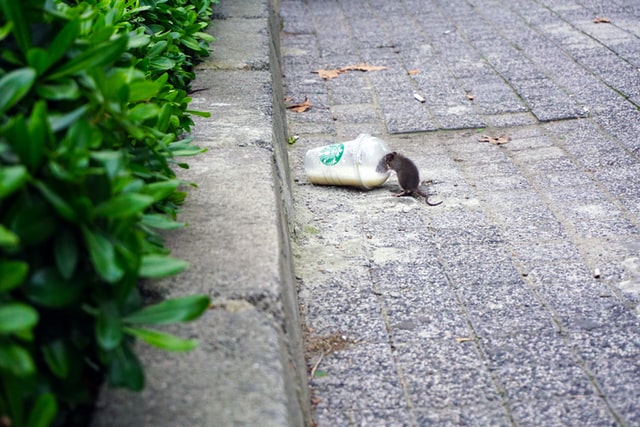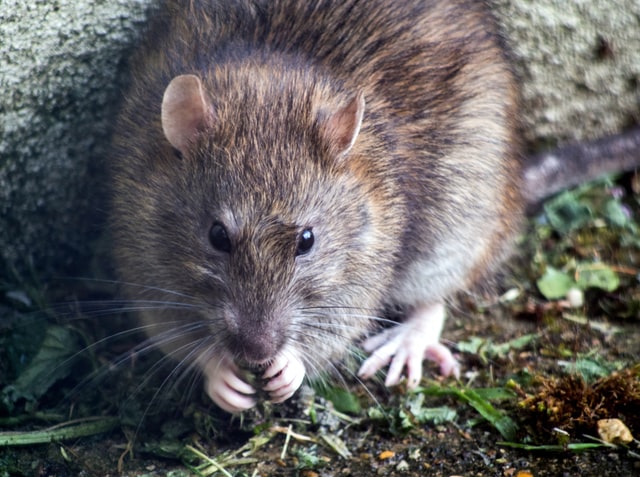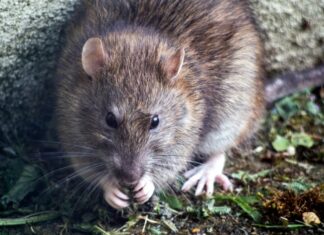Rats are extremely resistant animals that have never shown any problems adapting to change. Usually, this change is about introducing a new poison because people are constantly working harder to exterminate these animals. But perhaps no other animal resists such a test better than a rat. Are wild rats dangerous?
Why control brown rats?
Brown rats carry many unpleasant diseases that can be transmitted to humans, usually in the urine. including; Leptospirosis or Weil’s disease, Salmonella, Listeria, Toxoplasma gondii and Hantavirus.
Brown Rats can cause huge structural damage. They can cause serious fires, biting insulation around electrical cables, flooding by piercing the pipes, and even death by chewing gas pipes. The insurance sector has estimated that rodent damage to pipes is responsible for 25% of all electrical fires in buildings.
Brown Rats can ruin the organization’s reputation. If customers and customers notice evidence of rodent infestation in the facilities they manage, they will probably not want to cooperate with you.

Burning down the house
Rats tend to chew on electrical wires, but they can even chew bricks and pipes with ridiculously sharp teeth. Why are they doing this? The rat’s front teeth can grow 4.5 to 5.5 inches each year, so rats chew and bite objects to keep their teeth in check. So how can these razor-like teeth kill you?
Rats like to spend time in domestic attics, because hot air rises, making the attic a cozy environment. If a rat chews electrical cables near wooden beams, a fire may break out and the house may burn. It is also known that rats chew the cables and wires of devices, causing electric fires. Finally, rats can and will chew gas pipes, which can lead to fatal fires.
Public health concerns
Rats are considered carriers or transmitters of human diseases more than any other form of life, except perhaps the mosquito. Over 15,000 rat bites are reported each year in the United States. All rat bites should be treated by a physician. Some diseases that can be transmitted from rats to humans are bubonic and pulmonary blight, mouse typhus, salmonella, leptospirosis, hantavirus and tularemia.
Structural damage
Because rats chew everything, they can also cause costly – and dangerous – structural damage. In 2000 alone, rats caused enormous economic losses in the urban environment of $ 19 billion. Can you imagine how much damage they do today?
Rats can bite the structural wooden frames of the house, including joists, headers, pegs and roof trusses. They will chew sheet, soft concrete and even plasterboard. Basically, rats can and will bite in your home to get where they want. Will these structural damage kill you? If the support beam breaks down and cannot withstand the load, it is possible that your house will fall around you.












